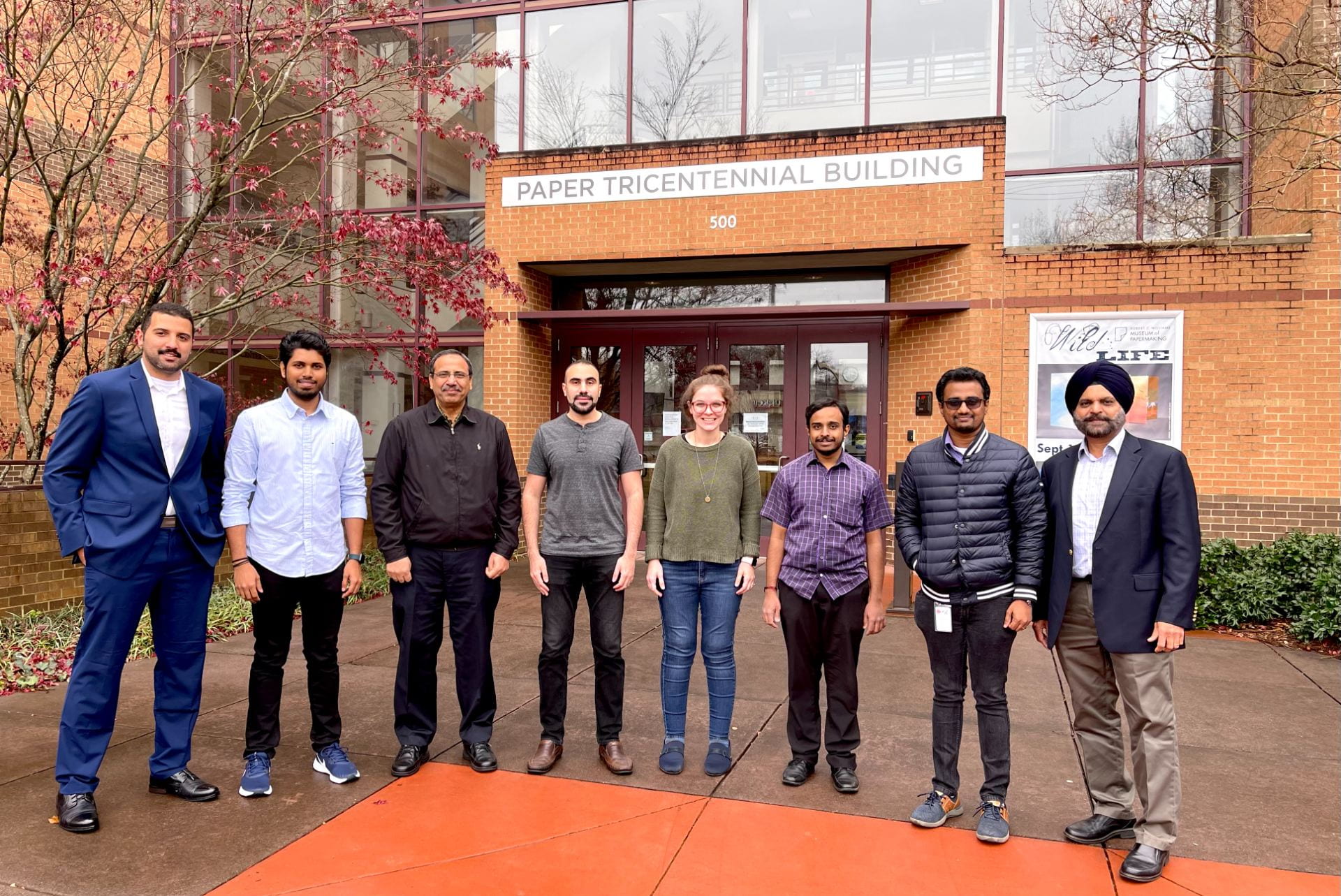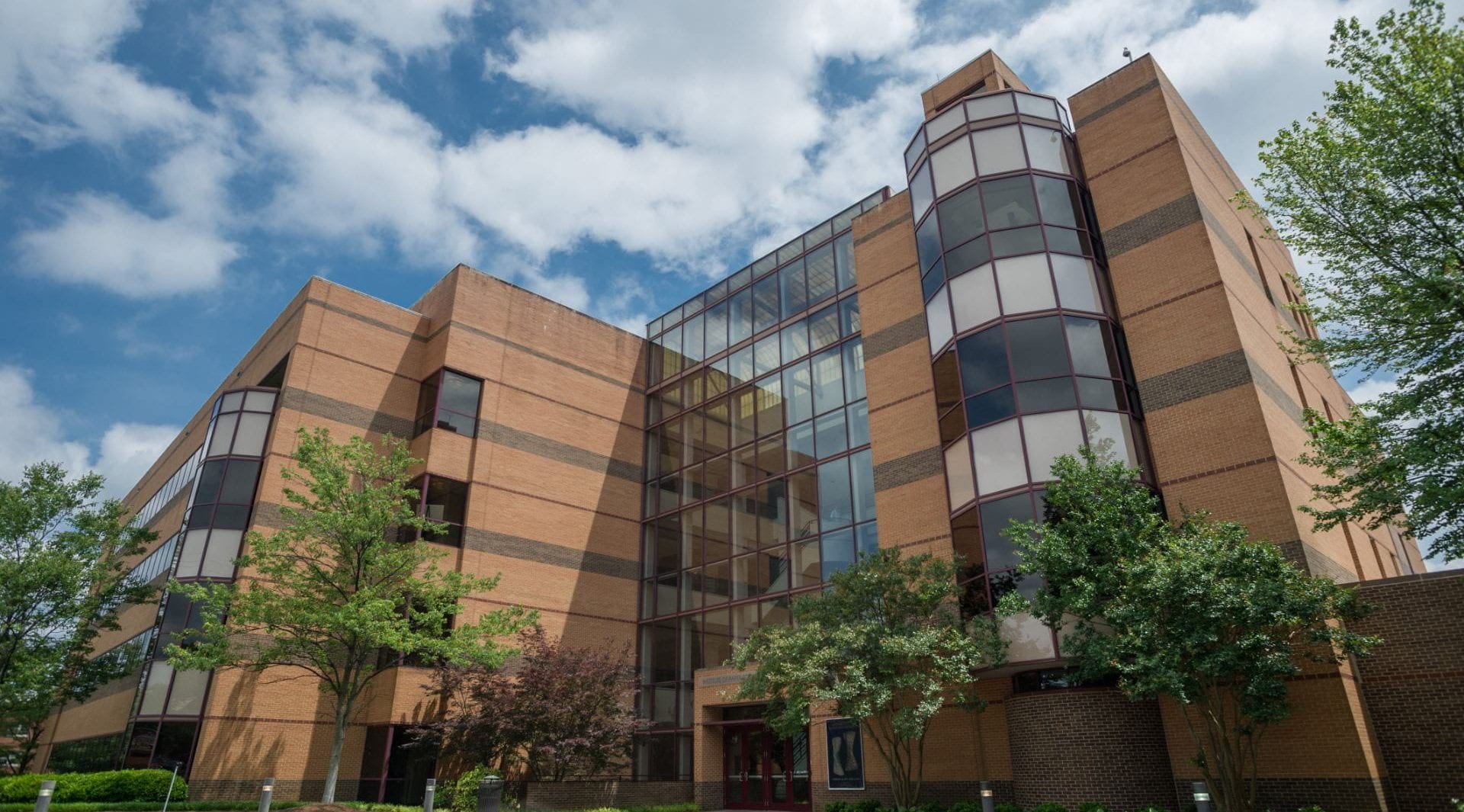
Reliable performance of the materials is very important for any industrial process and especially for the chemical process industry for the manufacture of a high quality product. Material selection is generally based on the required material properties, low initial capital investment, and minimum maintenance. Changes in the process parameters to improve products can often lead to higher corrosion susceptibilities of the plant materials. Moreover, with increase in capital cost, there is pressure to extend the life of existing plant equipment beyond its original design life. Corrosion and Materials Engineers are also playing a key role in selecting, maintaining, and modifying materials for changing needs for every industry. Corrosion Science and Engineering research includes understanding the basic mechanisms involved in material degradation in given environments and using that knowledge to develop a mitigation strategy against environment-induced failures.
Research activities of the Corrosion and Materials Chemistry Research Laboratory (CMCRL) at the School of Materials Science and Engineering at the Georgia Institute of Technology are focused on corrosion, stress corrosion cracking, high temperature oxidation, and other forms of environmentally induced degradation of metallic materials. Analytical and characterization tools needed for corrosion research are either available in our laboratory or in the School of Materials Science and Engineering at GaTech. Software for thermochemical calculations is used for thermodynamic predictions and modeling of corrosion processes. CMCRL at Georgia Tech is equipped with following test facilities:
- Electrochemical Tests for Corrosion and Surface Chemistry:
- Potentiodynamic polarization
- Electrochemical Impedance Spectroscopy (EIS)
- Cyclic Voltammetery
- Electrochemical Noise measurements
- 7 Gamry potentiostats, 5 Wenking Potentiostats and 1 EG&G PAR potentiostat
- Temperature controlled facilities for aqueous corrosion and electrochemical measurements.
- Autoclaves for High temperature aqueous corrosion tests up to 450°F.
- Five Slow Strain Rate Test rigs for room temperature and high temperature stress corrosion cracking tests at temperatures up to 350°C.
- Corrosion Fatigue test facility (MTS Model 810 machine with Teststar II® control system with environmental chamber) for crack growth and endurance limit study
- Thermogravimetric microbalances for high temperature gaseous corrosion testing.
- High Temperature Oxidation/Sulfidation of Metallic Alloys: single and mixed gases over a range of temperatures, cyclic gases, and cyclic temperature capabilities. (up to 1100°C)
- Molten salt Corrosion test equipment.
- Heat treatment furnaces with inert atmosphere capability (up to 1300°C)
- Metallography and Image analysis equipment.
- Microhardness measurements
- Laser Raman Spectroscopy
- Full access to ICP, XRD, FTIR, UV, and SEM-EDS and other chemical and surface characterization tools through RBI analytical laboratory and IEN/IMat Materials Characterization Facility (MCF).




